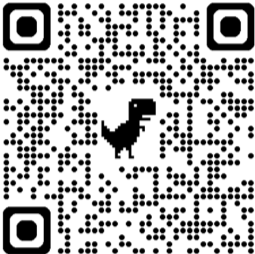Thinking and Intelligence
Overview of Invitation to Psychology Chapter 7, Thinking and Intelligence
Create multiple-choice games on Wisc-Online and play them on our Chakalaka mobile app!
But that's not all! Explore educational games created by others. Simply search by category or enter agame code number and dive into a world of learning and fun.
Download the Chakalaka mobile app here:

Topics of this game:
- What is the definition of a prototype?
- What sensory modalities do mental images occur in?
- A subconscious process occurs...
- What type of learning occurs when you acquire knowledge without being aware of it?
- What is it called when we draw conclusions from observations, facts, or assumptions?
- Informal reasoning is also known as:
- The tendency to use one's emotions instead of estimating probabilities objectively is:
- Saying "I knew it was going to be a bad storm!" after a tornado is an example of...
- Reading a study on the benefits of milk published by the dairy industry is an example of
- Which of the following is NOT true of intelligence?
- Which type of intelligence is heavily dependent on education?
- The knowledge of one's own cognitive process and the ability to monitor/control them is:
- The Triarchic Theory of intelligence emphasizes all of the following EXCEPT:
- All of the following are facets of emotional intelligence EXCEPT:
- The study of cognitive processes in nonhuman animals is:
User comments are currently unavailable. We apologize for the inconvenience and are working to restore this feature as soon as possible.

